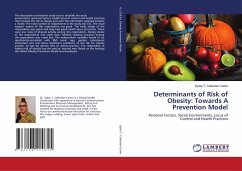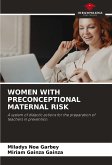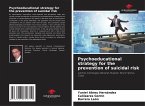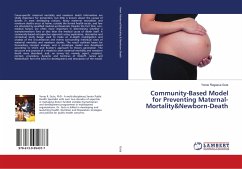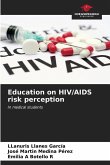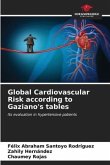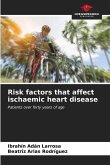This descriptive-correlational study was to establish the socialenvironment, personal factors, health locus of control and health practices that increase the risk of obesity and with the information gleaned propose a model. The total number of respondents in the study was 512. The social support system of the respondents was good. The body image of the respondents was good and they had good health locus of control. There were low rates of physical activity among the respondents. Dietary intake of the respondents was rated poor. Medical checkup practices among the respondents was rated low. The independent variables found to be significantly correlated with BMI were: age, gender, educational attainment and civil status. Significant predictors of the risk for obesity include: (a) age (b) gender and (c) dietary practice. The respondent at highest risk of obesity was the mature, married man. Based on the findings the Global Obesity Prevention Model was developed.
Bitte wählen Sie Ihr Anliegen aus.
Rechnungen
Retourenschein anfordern
Bestellstatus
Storno

